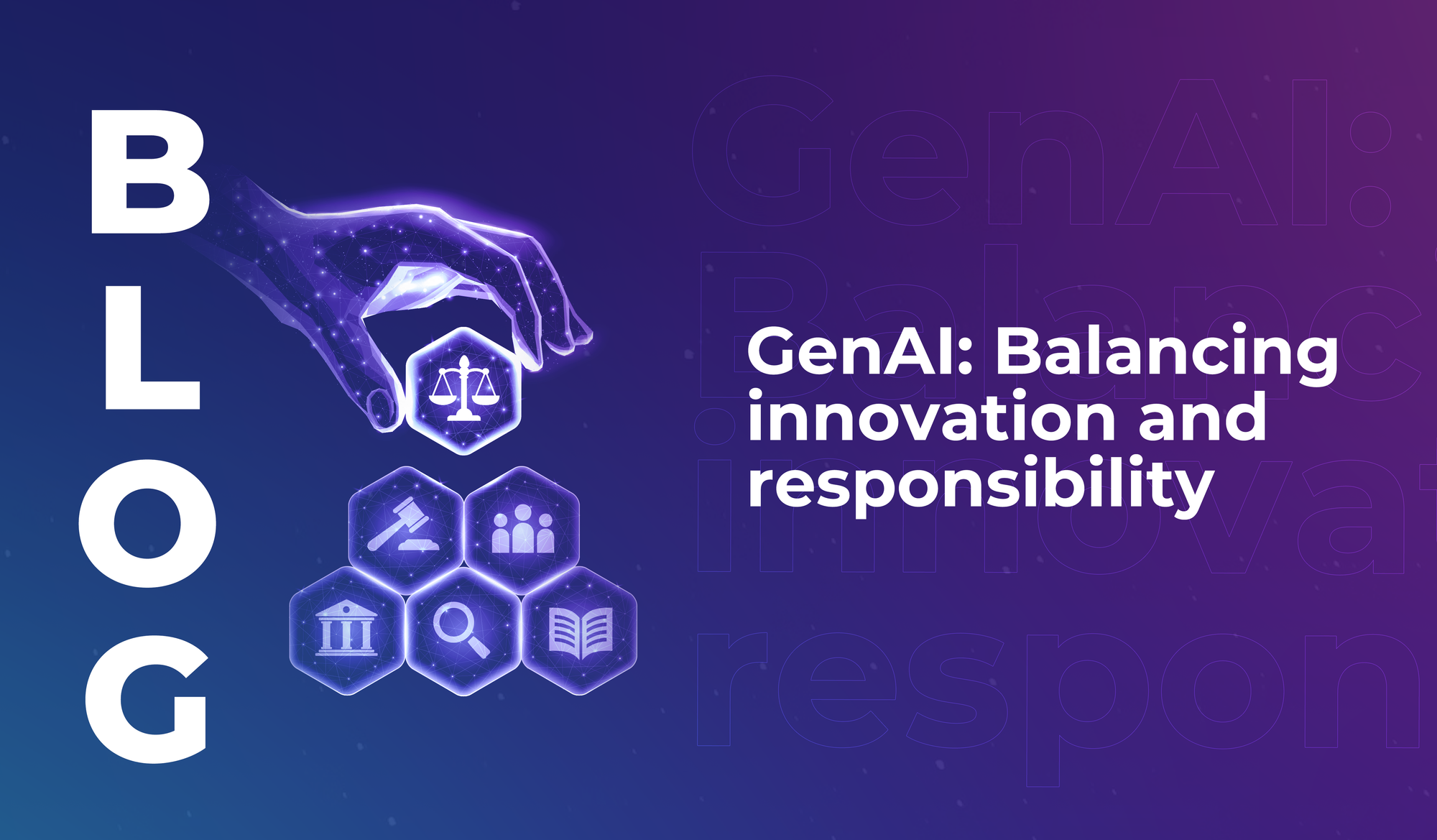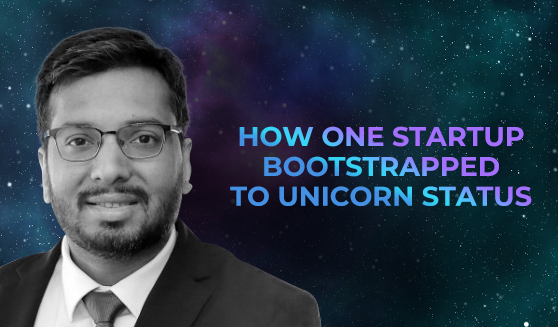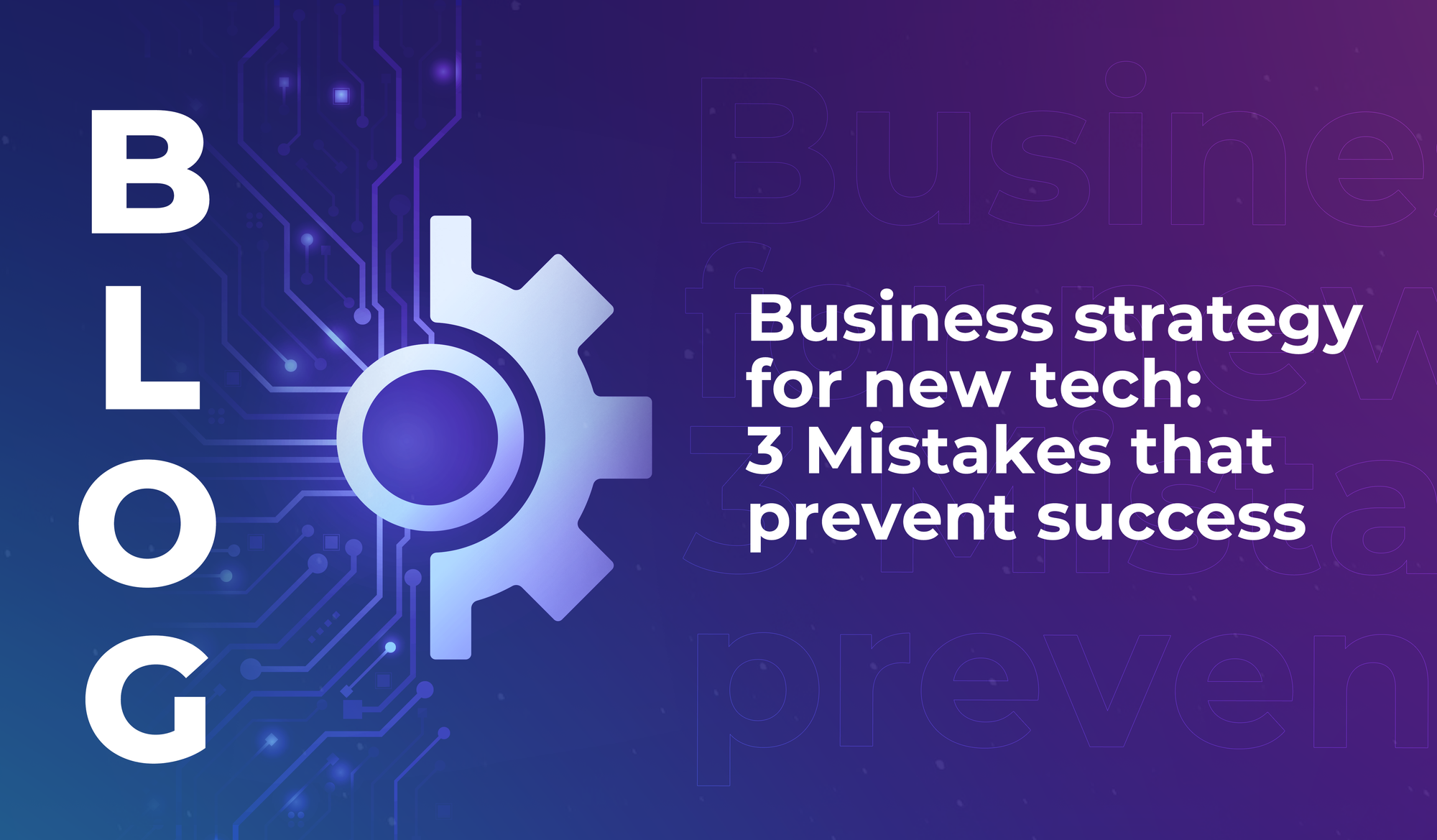
GenAI: Balancing innovation and responsibility
Have you ever wondered how artificial intelligence experts actually feel about AI? Read this.


Pitching to investors is the in thing. Company founders are rushing to secure VC funding at an early stage – spurred on by glittering media stories about startups that are catapulted to international success off the back of VC money.
Except…not all startups get funding. Not all startups even try to get funding. A quieter breed of self-sufficient startups are bootstrapping their way to unicorn status – and their stories can offer inspiration to entrepreneurs who are struggling to secure VC funds.
One such company is EaseMyTrip. An Indian online travel company founded in 2008 by Nishant Pitti, Rikant Pitti, and Prashant Pitti, EaseMyTrip decided not to seek external equity funding – keeping it close and driving growth through word-of-mouth in a burgeoning industry.
Now, EaseMyTrip is the second largest online travel agency, growing at a CAGR of 78% from 2020-22. It bootstrapped until IPO – the company was listed in March 2021 at a valuation of USD $1.2 billion, making it one of India’s first 100 unicorns across industries.
We caught up with Prashant Pitti (because he’s speaking at #LEAP23, by the way) to learn more about the startup’s growth strategy, the opportunities for new ventures in the digital travel sector, and how EaseMyTrip stayed profitable through the COVID-19 pandemic (yes, really).
“I always say that it was the travel sector that chose us. As with all good entrepreneurial stories, EaseMyTrip was started with the aim of solving a problem.
“We decided to start EaseMyTrip after my father was charged an exorbitant convenience fee for his international flight bookings, when we used to book it for him back then. We soon grew to realise that the hidden costs associated with travel, often labelled as ‘convenience fees’, inflate the overall ticketing costs.
“We also realised that many of the issues being faced by travel agencies could easily be fixed through the use of technology – and being born into the tech era, decided to use our skills and knowledge of IT to create a travel company that would not only not charge a convenience fee, but which could also streamline many of the processes that serve as hindrances to travel agents.
“When EaseMyTrip first launched, we operated solely as a B2B company and worked alongside travel agents to offer better air ticket rates to their customers. This mode of operation was implemented for three years before we decided to pivot into the B2C space and deliver our services directly to customers through our platform. Which turned out to be the game-changer for us.
“EaseMyTrip’s lean revenue model has been the key driver in maintaining financial health. The company’s cost and expenditure on all fronts are lower compared to others on a GMV basis. We have primarily grown through word of mouth and the goodwill of the customers. Since its inception, a core USP for EaseMyTrip has been to not charge a convenience fee from users.
“The company focused on providing customers with a service that offered them fair and lowered prices as compared to other travel portals and agencies. While other companies were caught up in the vicious cycle of becoming profitable through extra convenience fees, we used convenience fees as a tool to retain customers for a long period.
“We were able to get good margins without charging a convenience fee, and without making the customers feel cheated. As a result, the company enjoys a high customer retention rate of over 86% – and is the only profitable OTA company in India since its inception, to be listed, while being completely bootstrapped. We focused on creating a company that is customer-centric which has been a key part of the company instilled by us right from inception.”
“For us, getting no funding was a blessing in disguise. Because today, we wouldn’t have the kind of freedom that we have to navigate through the decisions in making the company what it is. We slowly grew through the ranks, and in fact, a lot of VCs who rejected us initially came back to us in 2014 when they saw our exponential growth. By then, we were already growing profitably right from our first year, so we did not even have the need to raise funds.
“A piece of advice, if anyone is having hurdles in raising money, they should know that the best businesses are made out of ideas and best practices. Success will not necessarily be dependent on the kind of money you raise. It is always better to run a business by capital in hand, completely bootstrapping it from the start or raising money via loans and ensuring the business doesn’t burn money in lieu for high valuations.”
“While the pandemic has universally affected all travel companies, we leveraged its lean business model to adapt to the situation, and managed to stay profitable amid two waves of the pandemic.
“We adapted to the situation by increasing margin and commissions, and reducing operational expenses including a reduction in discounts, marketing and sales promotion and employee expenses as well as gains from cutbacks in payment charges. The company’s gross take rate was 7.8% in FY20 which increased to 10.7% in FY21.
“Another measure that EaseMyTrip implemented during this period was to use technology for processes that were human resource-intensive. We invested in technological innovations such as a customer-friendly Whatsapp chatbot that aids and eases bookings for customers. We automated processes like seat booking, meal booking, cancellation and customer service among others – and took this period as an opportunity to streamline processes and add more people to the technology team, which is today enabling the company to service its customers more efficiently.”
“There is an immense opportunity in the travel and tourism sectors, and immersion of tech in B2B will only make the processes simpler. B2B is integral in the travel industry.
“Deep integration of tech like AI and chatbots, IOT, AR and VR is already shaping the B2C travel, tourism and hospitality industry and has huge potential to uncover in the B2B market as well.
“In terms of managing large operators and agents, network technology plays an important role to achieve operational excellence. Automation really goes a long way – and the players who are able to make it happen will find opportunities.”
Thanks to Prashant Pitti at EasyMyTrip. Join us at #LEAP23 to learn more.

Have you ever wondered how artificial intelligence experts actually feel about AI? Read this.

A tech business strategy expert shares the biggest mistakes that tech innovators make, and explains why an effective business model is more important than a cutting-edge product.

We ask Rodi Basso (CEO at E1 Series) to share his perspective on sports innovation and the rapid evolution of sports tech.

Have you ever wondered how artificial intelligence experts actually feel about AI? Read this.

A tech business strategy expert shares the biggest mistakes that tech innovators make, and explains why an effective business model is more important than a cutting-edge product.

We ask Rodi Basso (CEO at E1 Series) to share his perspective on sports innovation and the rapid evolution of sports tech.